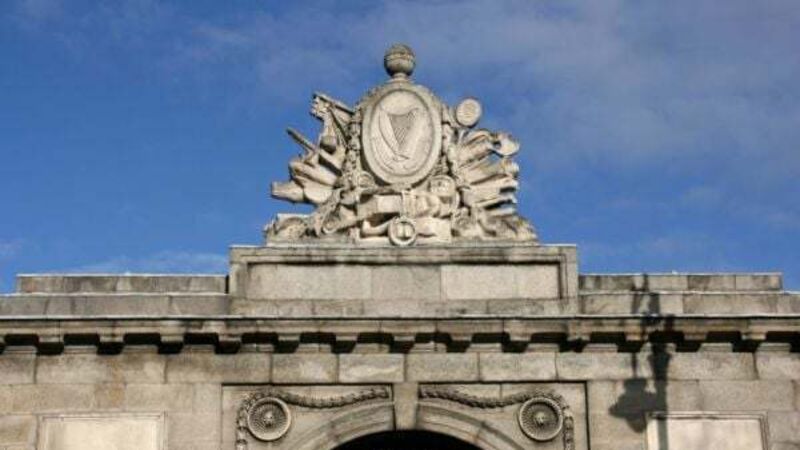Supreme Court to hear appeal against ruling that may affect drug-driving offences

High Court Reporters
The Supreme Court is to hear an appeal against a High Court ruling that could see motorists charged with drug-driving avoid prosecution.
The Director of Public Prosecutions (DPP) secured a direct appeal to the top court after arguing the decision may significantly affect the enforcement and prosecution of drug-driving offences and potentially drink-driving prosecutions.
She submitted the judgment could potentially undermine the effective operation of mandatory intoxicant checkpoints and may have implications for other Garda powers.
Several pending and future prosecutions for drug-driving, and potentially also drink-driving, could be affected by the Supreme Court’s answer on the legal issues.
Mr Justice Garrett Simons ruled last November that the Road Traffic Act of 2010 does not empower gardaí to detain a driver at a checkpoint for up to an hour while their saliva sample is being analysed.
He said section 10(4) of the 2010 Act does not appear to envisage that there would be any time lag between specimen provision and the “indication” that drugs are or are not present. Instead, he said, the law seems to contemplate an “instantaneous indication” of the presence of drugs.
He stressed his ruling only relates to oral fluid for drug testing and does not concern breath samples for drink-driving. The effects of his ruling have been paused pending determination of the appeal.
He had been asked to determine the issue by the District Court which had been hearing legal arguments in the prosecution of a man for drug driving.
The man had been stopped at a roadside checkpoint for a drug test and was told he had to remain there for up to an hour. The analysis of his saliva took just 18 minutes.
The garda who stopped him then formed the opinion that he was under the influence of an intoxicant. The man was brought to a Garda station and required to provide a blood sample.
Seeking an appeal, the DPP submitted that the High Court’s decisions has “very significant” implications for prosecutions of intoxicant-related road traffic offences and general road safety.
The decision has caused “confusion and uncertainty” and led to “many” adjournments of District Court cases, she added.
The request for an appeal was not opposed by the man, who agreed the matter raises issues of general public importance but disputed the High Court judgment was unclear.
A panel of three Supreme Court judges said the DPP’s application meets the constitutional test for an appeal that bypasses the intermediary Court of Appeal.
The judges said it should be possible to have an early hearing of the appeal.









